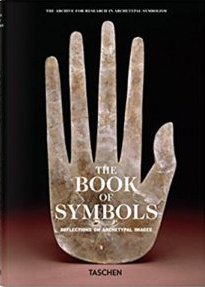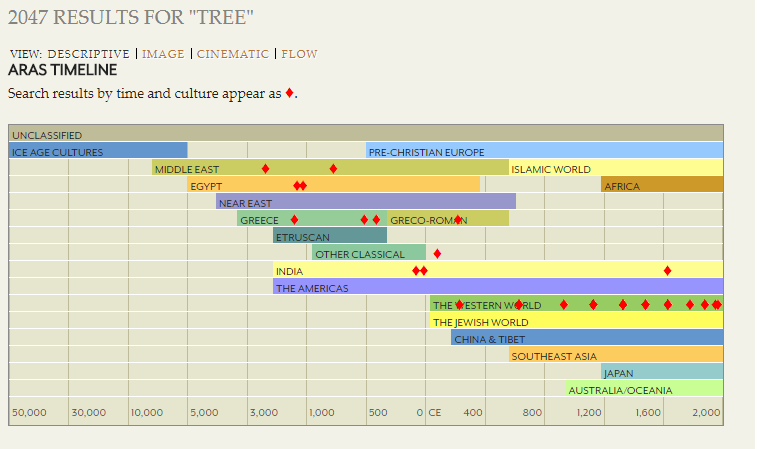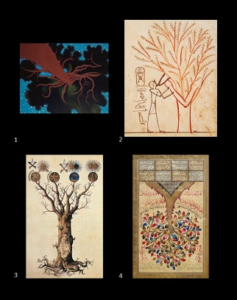ARAS: Archive for Research in Archetypal Symbolism
ARAS is a world treasure with jewels from every culture since the beginning of time. ARAS has taken many steps from its tiny beginnings in Eranos, Switzerland eighty years ago to the world-reach of the Internet today. Long available to only a few researchers, the wondrous vision of how the collective unconscious expresses itself in all human societies is now available to many. To fathom ARAS’s depth and richness, allow yourself to wander, to linger, and to ponder. Do not be afraid to get lost, as your meanderings may yield surprising delights of imagery and meaning.
The ARAS archive contains about 18,000 photographic images, each cross-indexed, individually mounted, and accompanied by scholarly commentary. The commentary includes a description of the image with a cultural history that serves to place it in its unique historical and geographical setting. Often it also includes an archetypal commentary that brings the image into focus for its modern psychological and symbolic meaning, as well as a bibliography for related reading and a glossary of technical terms.
The ARAS commentaries honor both the universal patterns and specific cultural context associated with each image, something seldom found in other collections. Keywords, extracted from approximately 46,000 catalogue subject cards, help users explore archetypal themes of interest to them.
Who Uses ARAS?
The ARAS archive is designed for and used by a diverse range of people:
- Students and scholars from around the world in the humanities and other related disciplines, who use the archive as a research tool and educational resource
- Artists and designers, who seek motifs and iconographic forms for paintings, decorations, films, and dramatic productions
- Individuals who trace mythology, dream imagery, and vision in seeking deep common linkages, which transcend nation and ideology
- Analysts and psychotherapists who come from the full range of psychological perspectives and who use the archive to increase their own knowledge of archetypal symbolism.







